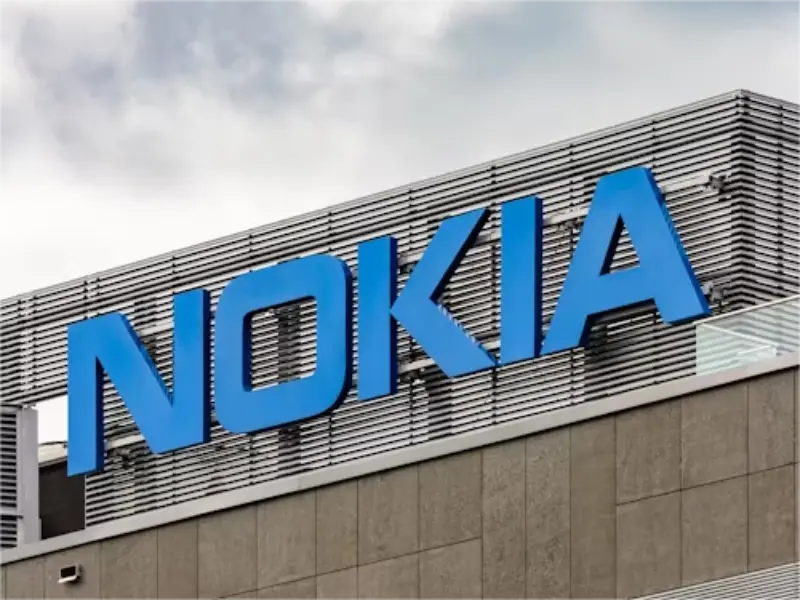- Nokia’s Q2 revenue fell to $4. 9 billion, reflecting the challenges in the telecoms equipment sector amid slow 5G adoption.
- Strategic shifts at Nokia included a major investment in AI and the sale of its undersea cable business in a challenging market environment.
OUR TAKE
Nokia, the Finland-based telecommunications and electronics company, reported a sharp decline in second-quarter revenue. The 18% year-on-year fall to $4.9 billion was below analysts’ expectations of $5.22 billion. In response, Nokia is diversifying its business, including a $2.3 billion investment in artificial intelligence for data centre services and the sale of its undersea cable business. Despite these efforts, the telecoms equipment market remains sluggish, with operators hesitant to invest in 5G technologies.
–Heidi Luo, BTW reporter
What happened
Nokia Oyj, the Finland-based telecommunications and electronics company, reported an 18% year-on-year decline in second-quarter revenue to $4.9 billion, the Espoo, Finland-based company said in a statement on Thursday. The figure is the lowest since 2015, and fell short of analysts’ forecasts for revenue of around $5.22 billion.
In response to these market challenges and to strengthen its offering and financial performance in a stagnant telecom equipment sector, Nokia has launched several strategic initiatives to adapt and create new revenue streams. These include a $2.3 billion investment to use artificial intelligence to improve its data centre services and the sale of its undersea cable business to the French government.
Despite these strategic changes, the overall telecom equipment market continues to face significant headwinds as operators remain reluctant to make significant investments in 5G infrastructure.
Also read: Nokia and Claro deploy Colombia’s largest 5G network
Also read: Nokia and stc optimise network with AI-powered SON solution
Why it’s important
Founded in Finland in 1865, Nokia Oyj has come a long way from its origins as a paper mill. It became a household name in telecommunications, pioneering technologies such as the Global System for Mobile Communications (GSM) and Long-Term Evolution (LTE). After selling its handset division to Microsoft in 2014, Nokia shifted its focus to telecom infrastructure and technology services, adapting to the changing dynamics of the global market.
The telecom equipment sector has been sluggish, affected by economic uncertainties and slow adoption of 5G. Nokia, along with industry peers such as Ericsson, has cut thousands of jobs over the past year and streamlined operations to save costs and explore new business opportunities to mitigate the effects of the market downturn.
“We are continuously taking further measures as we are still in a declining market,” said Ericsson’s chief financial officer, Lars Sandstrom. Ericsson also won a significant $14 billion network contract with AT&T Inc. in the United States, outperforming Nokia.
“The market dynamic remains challenging as operators continue to be cautious. We look forward to a meaningful improvement in net sales in the second half,” Nokia Chief Executive Officer Pekka Lundmark said.

